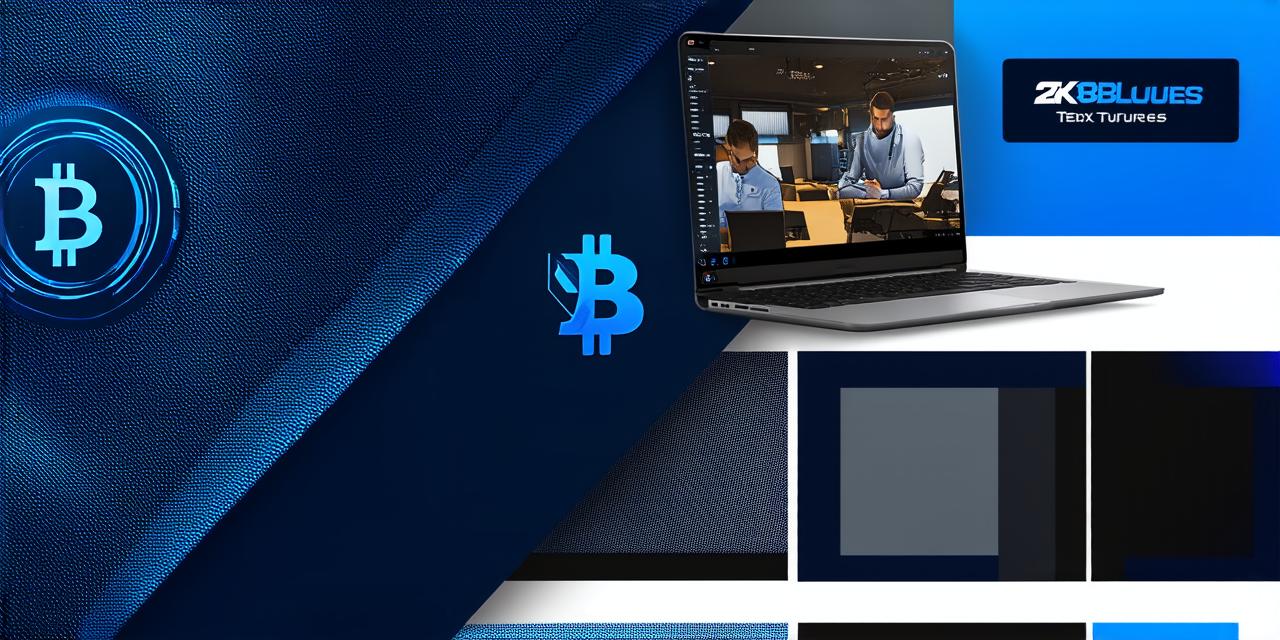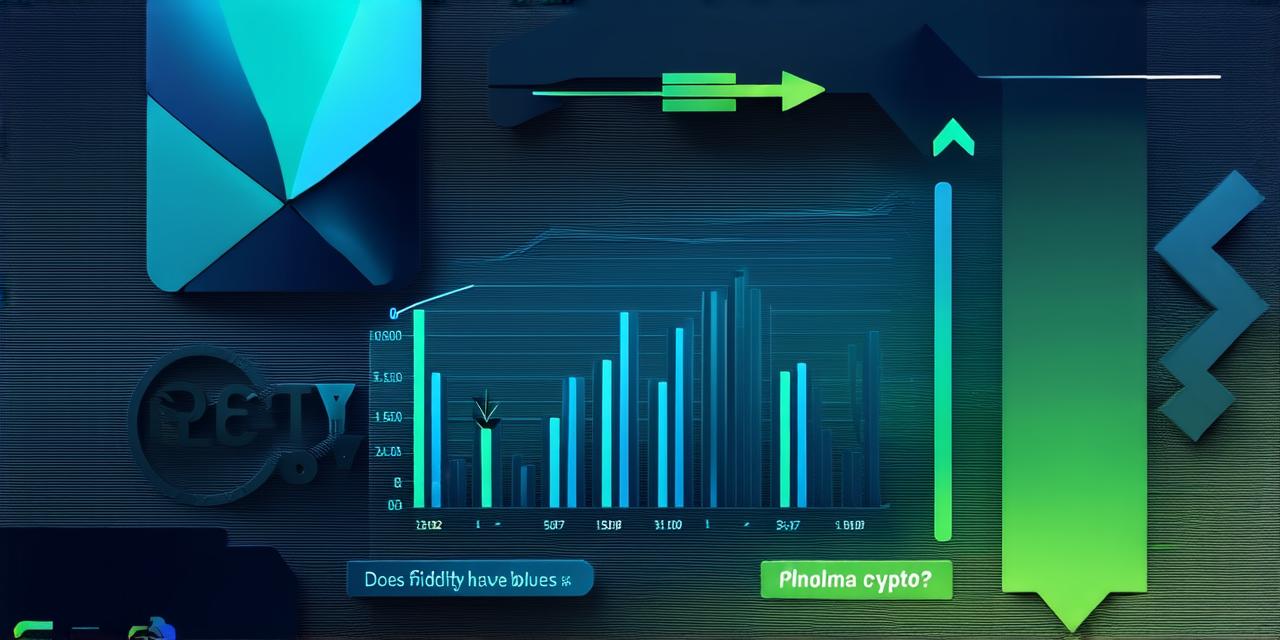
Can you trade crypto on fidelity
In recent years, cryptocurrency has become an increasingly popular investment option among individuals and institutions alike. While there are still many challenges to overcome in terms of regulation and security, the growing popularity of Bitcoin and other digital assets has led some major financial companies to explore their entry into the space.
One such company is Fidelity Investments, which recently announced plans to allow its clients to trade Bitcoin and other cryptocurrencies on its platform. This news has sparked excitement among crypto enthusiasts and developers alike, as they wonder whether Fidelity’s entry could lead to increased adoption of digital assets.
Potential Impact of Fidelity’s Entry into the Cryptocurrency Market
Fidelity’s entry into the cryptocurrency market is significant for a number of reasons. Firstly, it represents a major endorsement of cryptocurrencies by a mainstream financial institution. This could help to increase credibility and legitimacy in the eyes of potential investors, leading to increased adoption of digital assets.
Secondly, Fidelity’s entry into the market is likely to bring increased liquidity to the cryptocurrency space. With its vast resources and client base, Fidelity could provide a significant boost to the trading volume of Bitcoin and other digital assets. This could lead to more stable prices and reduced volatility, making it easier for investors to enter and exit trades.
Finally, Fidelity’s entry into the market may also help to standardize the cryptocurrency industry. The company has a long track record of providing robust risk management tools and compliance measures, which could set new standards for the crypto industry as a whole. This could help to attract more institutional investors to the space and lead to increased regulation and oversight.
Technical Considerations of Trading on Fidelity’s Platform
While Fidelity has not yet announced its fees for trading Bitcoin and other digital assets, it is likely that the company will charge a combination of transaction fees (also known as “taker” or “maker” fees) and markup fees.
Transaction fees are typically charged on a per-transaction basis and are based on the current market demand for the asset being traded. Markup fees, on the other hand, are added to the buy price of an asset by the broker in order to cover their costs. These fees can vary widely depending on the broker and the underlying asset, so it is important to do your research before trading on Fidelity’s platform.
Security Measures
Fidelity is known for its strong security measures and has a long track record of protecting its clients’ assets. The company uses a combination of advanced encryption technologies, multi-factor authentication, and internal controls to safeguard its clients’ investments.
Interesting:

When trading on Fidelity’s platform, it is important to ensure that you have enabled all available security measures, such as two-factor authentication and real-time alerts for unusual account activity. It is also a good idea to regularly monitor your account activity and report any suspicious transactions or unauthorized access attempts immediately.
Trading Tools
Fidelity’s platform offers a range of trading tools designed to help investors make informed decisions and execute trades efficiently. These include real-time market data, advanced charting and analysis tools, as well as educational resources for new traders.
In addition, Fidelity provides a number of order types, including limit orders and stop-loss orders, which can help traders to manage risk and maximize profits.
Considerations for Crypto Developers
For crypto developers, using Fidelity’s platform presents a new opportunity to access institutional capital and increase the liquidity of digital assets. However, it is important to carefully consider a number of factors before getting started:
- Fees: As mentioned earlier, transaction fees can vary widely depending on the broker and underlying asset. It is important for developers to do their research and compare fees across different platforms in order to find the best deal.
- Security: Crypto assets are highly vulnerable to hacking and other forms of cybercrime. Developers must ensure that they are using a secure platform and following best practices for protecting their assets, such as using strong passwords and enabling two-factor authentication.
- Regulation: The cryptocurrency market is still largely unregulated in many parts of the world. Developers must be aware of local laws and regulations and ensure that they are complying with all relevant requirements.
- Education: Crypto trading can be complex and challenging, especially for those who are new to the space. Developers should educate themselves on the basics of trading, including technical analysis, risk management, and order types.
Summary
Fidelity’s entry into the cryptocurrency market represents a significant development for both investors and developers in the space. While there are still many challenges to overcome in terms of regulation and security, this new opportunity presents a chance to increase liquidity and bring more institutional capital to digital assets.
For crypto developers, using Fidelity’s platform requires careful consideration of fees, security measures, and regulatory requirements. With the right approach, however, this new opportunity could help to pave the way for increased adoption and mainstream understanding of cryptocurrencies.

